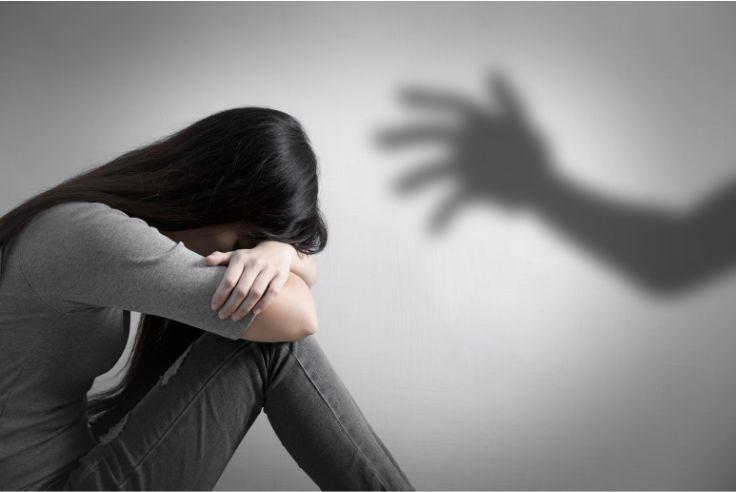Emotional recovery is a vital process for those who have experienced trauma, loss, or intense emotional pain. It’s about healing the emotional wounds that prevent us from moving forward and finding inner peace. Whether stemming from the end of a relationship, the loss of a loved one, a personal failure, or a traumatic event, emotional recovery is a journey that requires time, patience, and self-compassion. It’s not a linear process, but with dedication and support, individuals can rebuild their emotional resilience and regain their strength.
What is Emotional Recovery?
Emotional recovery refers to the process of healing from emotional distress. It involves processing and letting go of pain, sadness, anger, or fear, and eventually reclaiming emotional balance. Emotional recovery doesn’t mean forgetting about past hurts, but rather learning to cope with them in a healthier, more constructive way. It’s about embracing healing practices that allow us to feel, release, and move on from negative emotions.
The Stages of Emotional Recovery
-
Acknowledging and Accepting Emotions
The first step in emotional recovery is acknowledging the emotions you are feeling. Denying or suppressing emotions can prolong suffering, while acknowledging them allows you to begin processing and releasing pain. Acceptance is key—understanding that your feelings are valid and that it’s okay to grieve, be angry, or feel vulnerable. -
Seeking Support
Recovering emotionally can be a daunting task, which is why it’s essential to lean on support from others. Whether it’s friends, family, a therapist, or a support group, having someone to talk to can help you process your emotions and feel less isolated. Emotional support gives you the strength to face the difficult moments and stay grounded throughout the recovery process. -
Self-Care and Healing Practices
Taking care of yourself physically, mentally, and emotionally is essential for recovery. Practicing self-care may include engaging in mindfulness, exercising, journaling, or exploring creative outlets. These practices help you process emotions, release stress, and reconnect with yourself. Simple things like taking a walk, practicing deep breathing, or enjoying a hobby can help you manage emotional pain. -
Forgiveness and Letting Go
An essential part of emotional recovery is learning how to forgive—both others and yourself. Holding onto resentment, anger, or guilt only prolongs emotional pain. Forgiveness doesn’t mean excusing negative behavior, but it helps release the emotional weight that comes from carrying grudges or self-blame. Letting go allows you to move forward without being shackled by the past.
How to Support Emotional Recovery
-
Practice Patience and Compassion
Healing takes time, and emotional recovery doesn’t happen overnight. It’s essential to be patient with yourself and recognize that recovery is a process. Be kind to yourself as you navigate the ups and downs, and allow yourself to feel whatever comes up without judgment. Compassion for yourself is crucial in building the resilience needed for emotional recovery. -
Create a Positive Environment
Surround yourself with people and environments that uplift you. Negative, toxic environments or relationships can impede emotional healing. Surrounding yourself with supportive, understanding individuals can create the space needed to heal. Similarly, engaging in positive, nurturing activities that promote joy and peace can accelerate the recovery process. -
Set Healthy Boundaries
Part of emotional recovery is learning to set healthy boundaries to protect your emotional well-being. This means saying "no" when necessary, avoiding situations or people that trigger emotional pain, and giving yourself space to heal. Healthy boundaries ensure that you maintain control over your emotional state and give you the space to process difficult emotions at your own pace.
The Benefits of Emotional Recovery
Engaging in emotional recovery can have lasting benefits. People who recover emotionally from trauma or distress often report greater emotional resilience, increased self-awareness, and stronger relationships. Emotional recovery can also lead to:
- Better Mental Health: Releasing emotional burdens can reduce feelings of anxiety, depression, and stress.
- Improved Relationships: Healing from emotional wounds allows you to engage more fully with others and build deeper, more meaningful connections.
- Personal Growth: The process of recovering emotionally often leads to a deeper understanding of oneself, greater empathy, and increased emotional intelligence.
- Inner Peace: Ultimately, emotional recovery leads to peace of mind, where you feel at ease with yourself and your past, allowing you to move forward with a sense of clarity and purpose.

Conclusion: Moving Forward with Resilience
Emotional Recovery is not an easy journey, but it is one of the most transformative processes you can undertake. It requires commitment, self-compassion, and the courage to face your emotions head-on. While emotional scars may never fully fade, through recovery, we can learn to live with them in a way that no longer defines us. Instead of being weighed down by the past, we find freedom and strength in our ability to heal, grow, and move forward with resilience.
If you're navigating emotional recovery, remember that it's okay to ask for help, take it one day at a time, and trust that with patience and effort, healing is possible. Your emotional well-being is worth the investment, and through recovery, you can reclaim your peace, joy, and sense of self.
